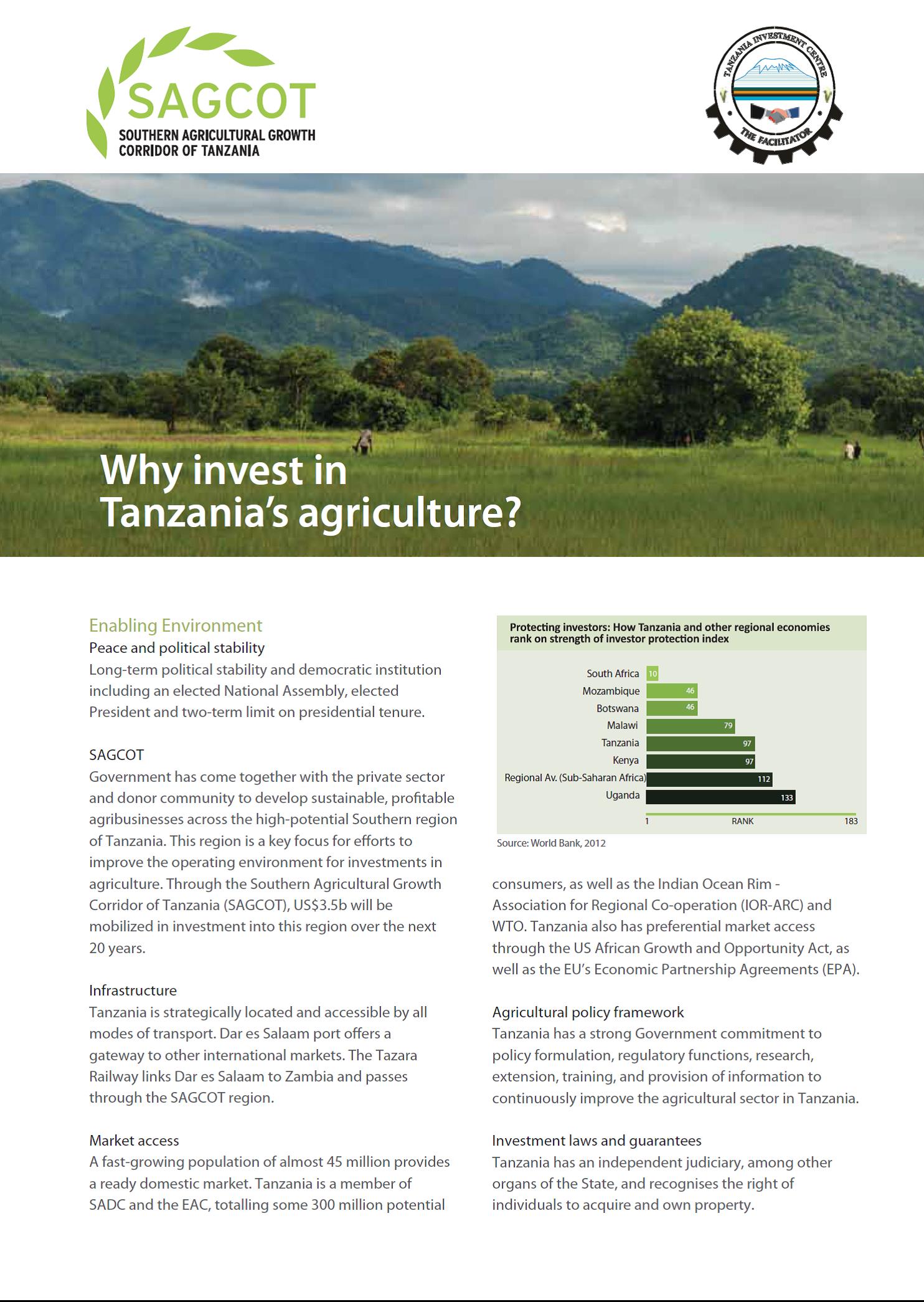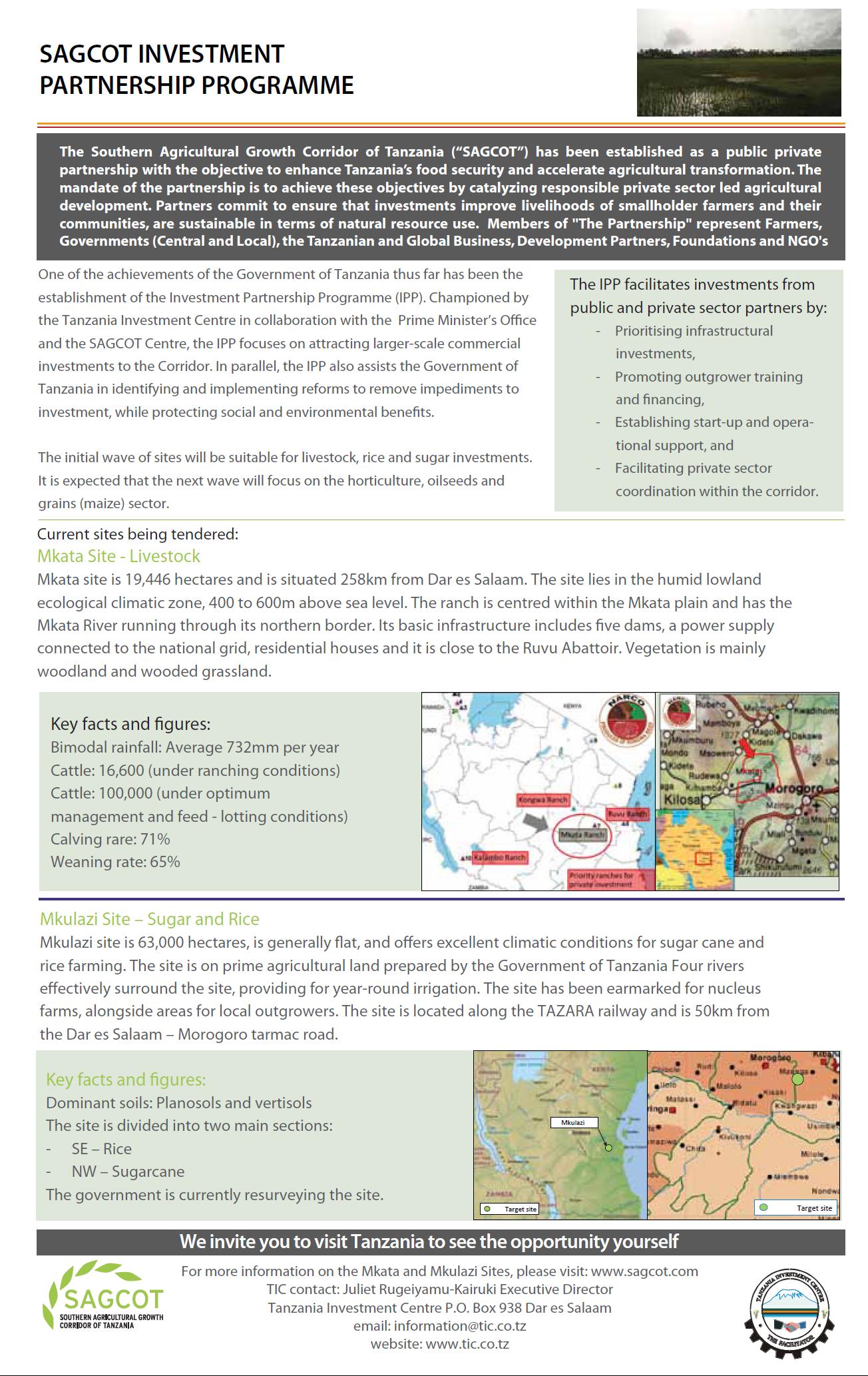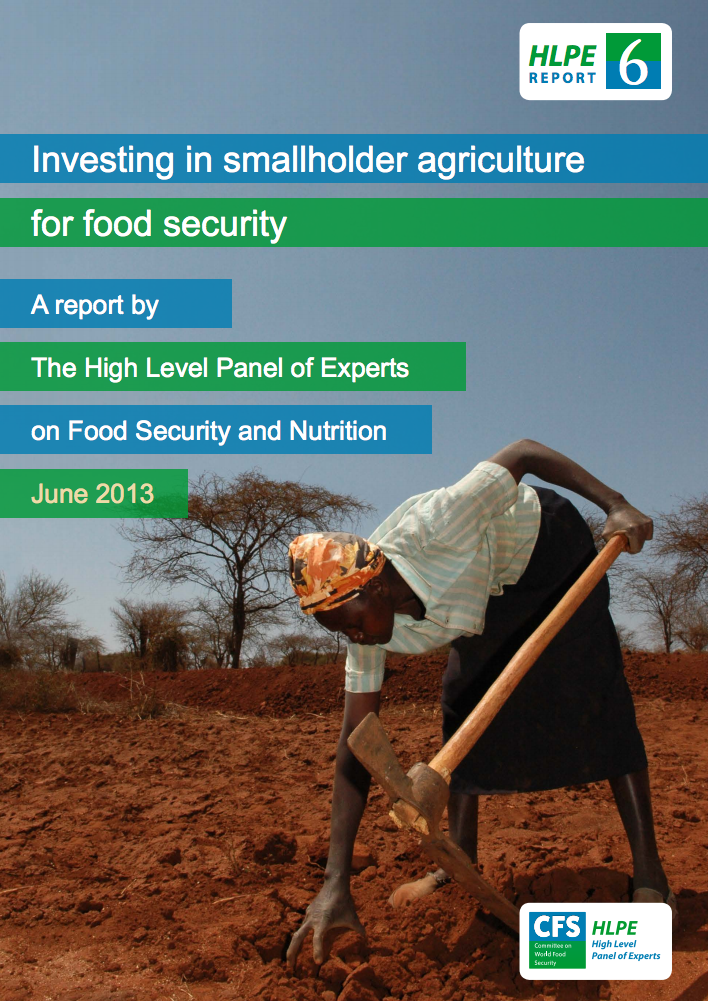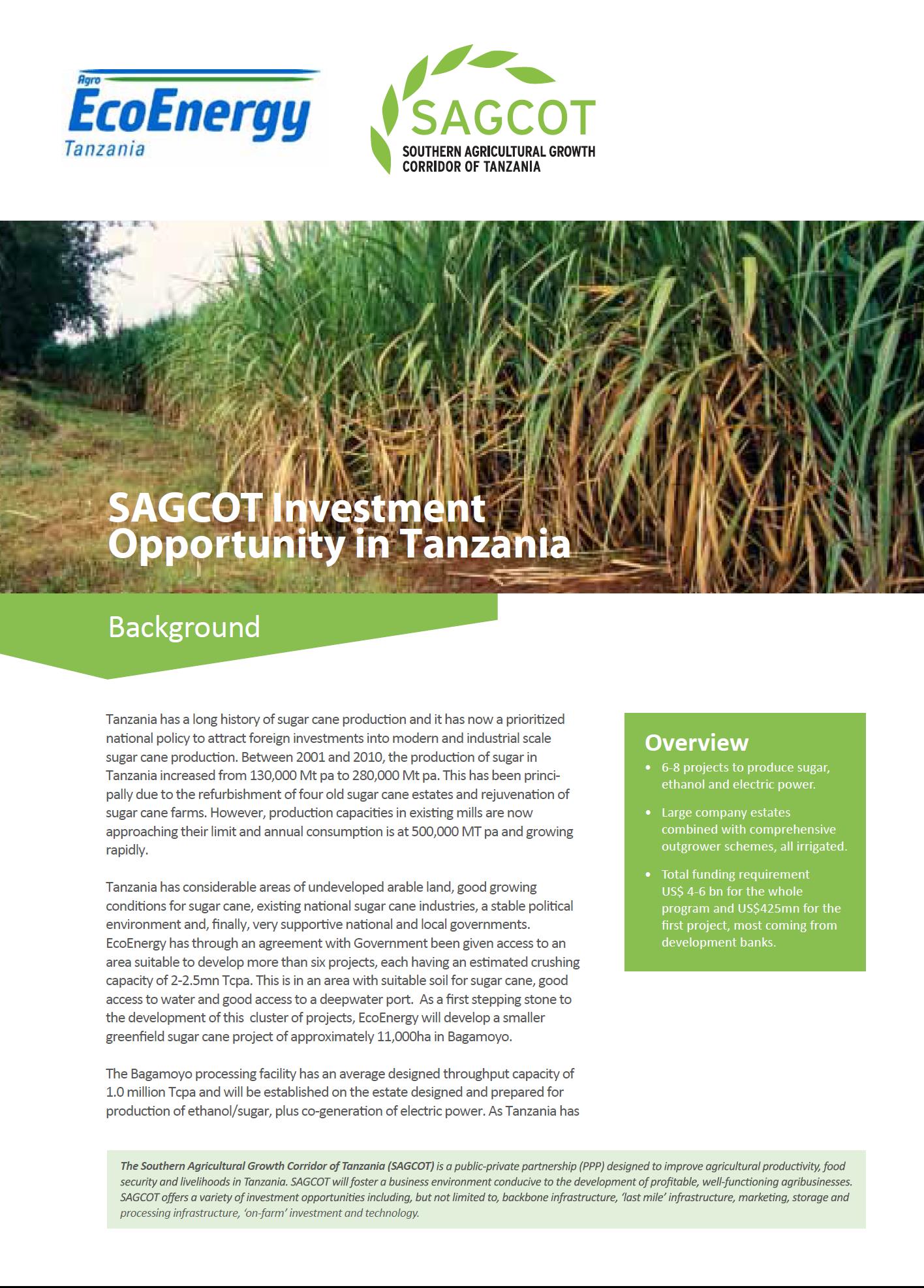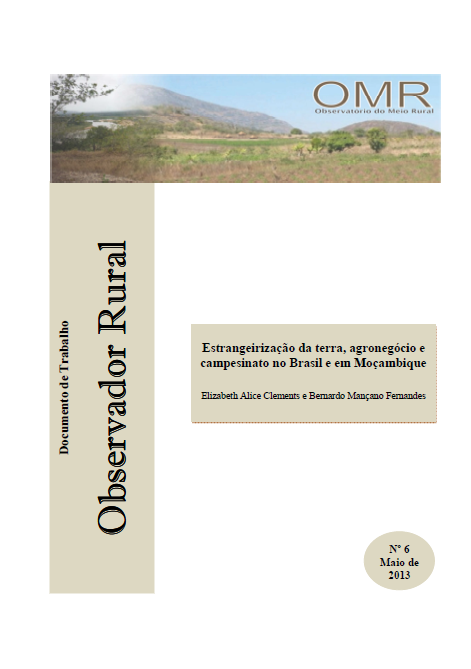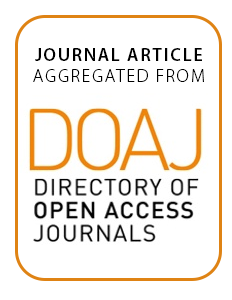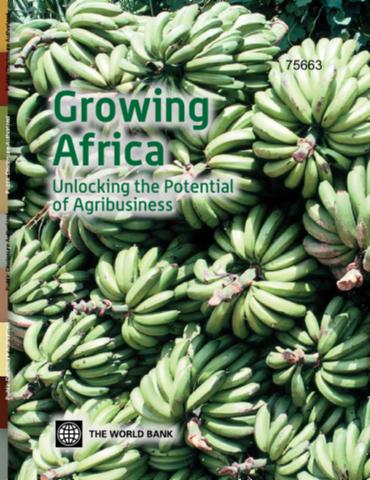Irrigation and markets – a fertile combination for poverty reduction
In the early 1980s, Germany’s KfW Development Bank financed the first irrigation project around Mount Kenya. A reliable supply of water was expected to enable farmers to achieve stable yields. In this way, they could not only safeguard their own food supply but also supply new markets and earn themselves an income. The following article takes stock of progress and benefits.


